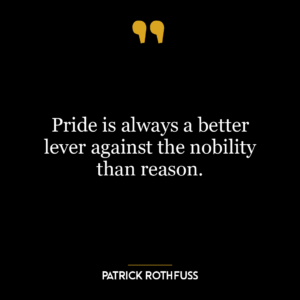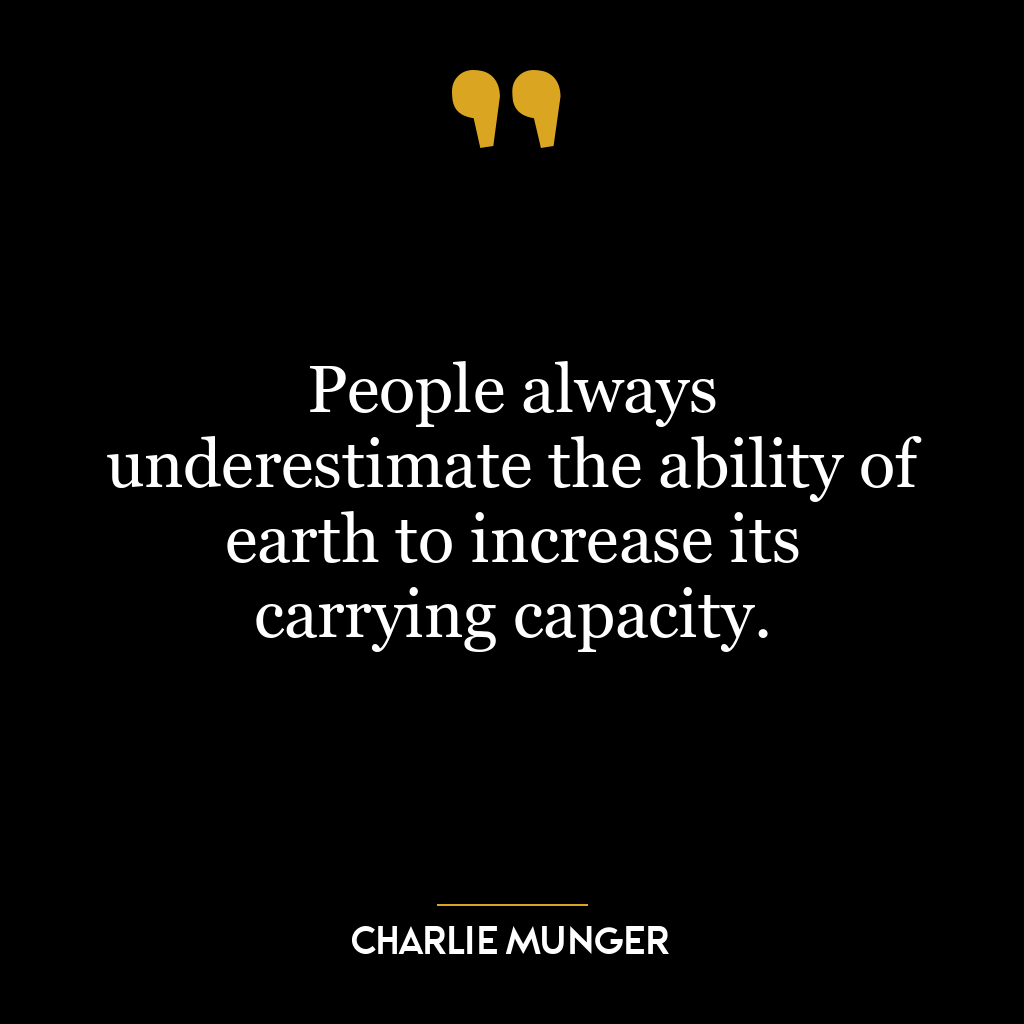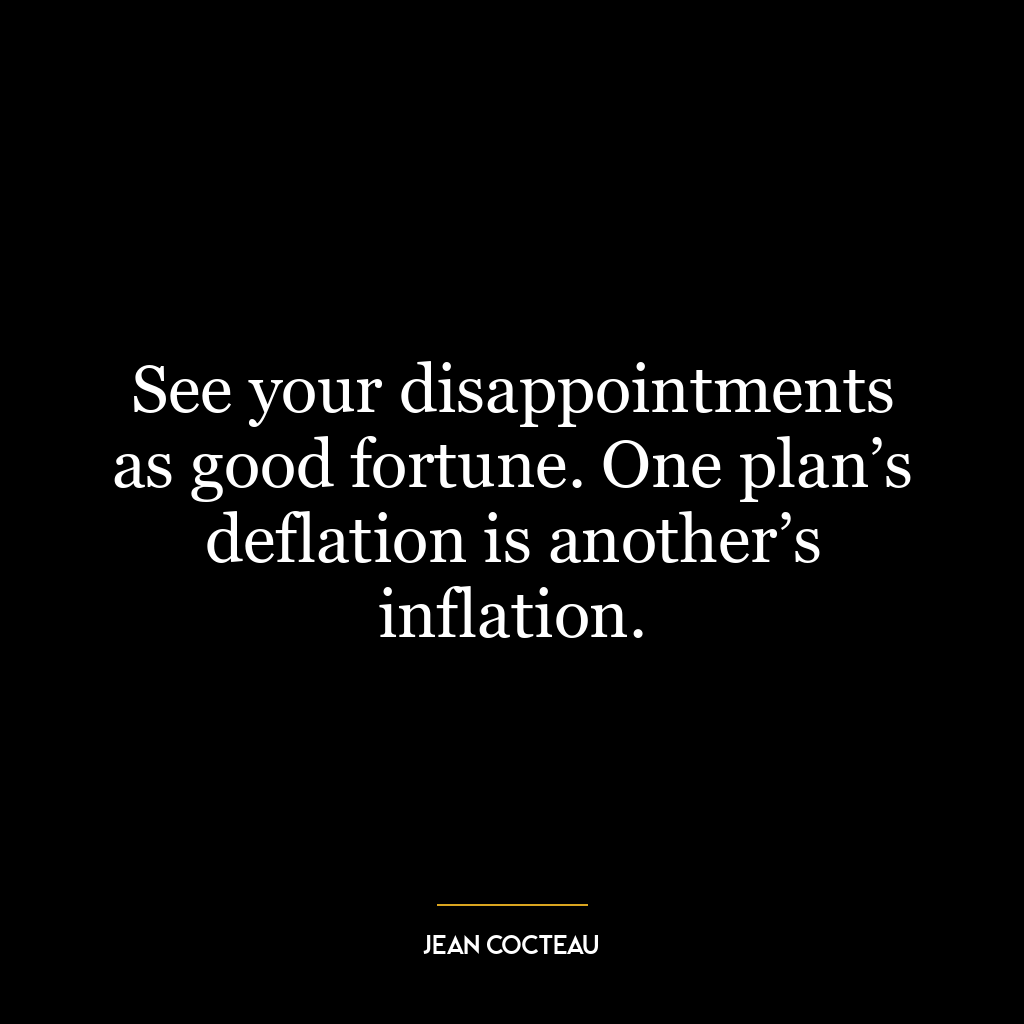Perhaps the greatest faculty our minds possess is the ability to cope with pain.
This quote suggests that one of the most powerful abilities of our mind is its capacity to handle pain. Pain, in this context, doesn’t necessarily refer to physical pain alone, but also includes emotional, psychological, and spiritual pain. The human mind is incredibly resilient and has the ability to adapt to various forms of discomfort and distress, finding ways to heal, endure, and even grow from such experiences.
In terms of depth, this quote underscores the concept of resilience. Resilience is the ability to bounce back from adversity, trauma, tragedy, threats, or significant sources of stress. It’s about how well we are able to recover from setbacks. This quote suggests that our ability to cope with pain is not just a survival mechanism, but perhaps the most remarkable feature of our minds. It’s a testament to our innate capacity for resilience, endurance, and growth.
Applying this idea to today’s world, we often see individuals and communities demonstrating immense resilience in the face of adversity. For instance, during natural disasters or pandemics, people come together, support each other, and find ways to cope with the shared trauma. On a personal level, this quote can be a reminder that no matter what pain or hardship we might be going through, our minds have the inherent ability to deal with it, learn from it, and ultimately, grow stronger.
In terms of personal development, understanding and embracing this ability can be empowering. It can motivate us to face our fears, confront our pain, and see challenges as opportunities for growth. It encourages us to develop resilience, which is a crucial aspect of emotional intelligence and mental health. By acknowledging our pain and working through it, rather than avoiding or denying it, we can cultivate resilience, enhance our personal growth, and improve our overall well-being.










